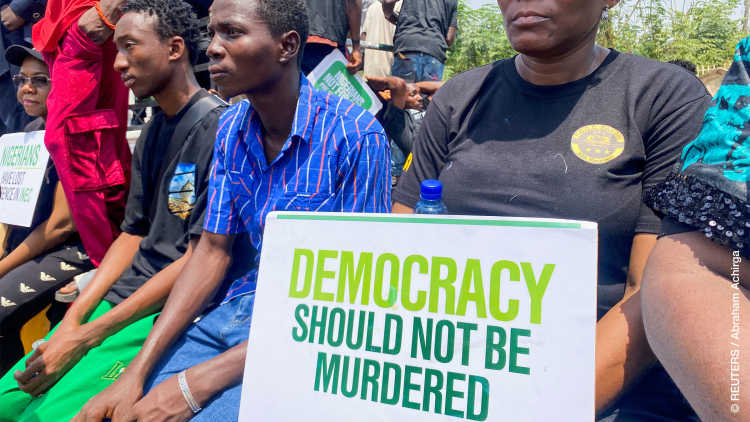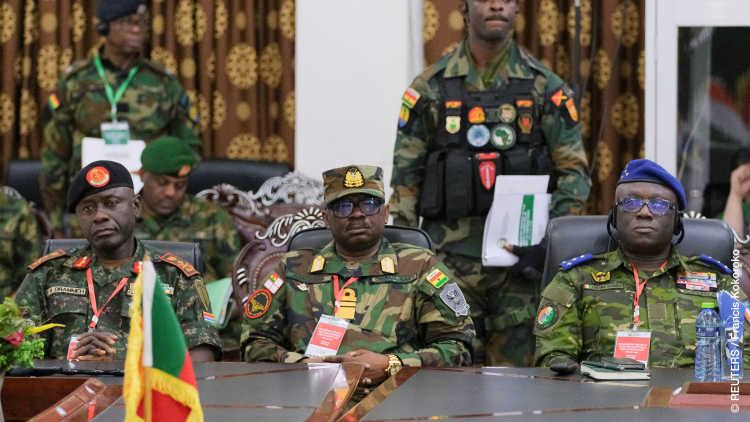- Home
- Publications
- Peer-Reviewed Articles
- Resilient to Violence?: One plus Four Hypotheses on the Effect of Democracy on Domestic Conflict
Matthias Basedau
Resilient to Violence?: One plus Four Hypotheses on the Effect of Democracy on Domestic Conflict
Democratization | 2025
Abstract
Democracy can be conceptualized as resilient to domestic conflict, offering peaceful mechanisms for political change. However, the conventional view on internal democratic peace holds that democracy does little to reduce intrastate conflict. Fifty years after the start of the Third Wave of democratization, this systematic literature review revisits the debate by both theorizing the relationship and assessing empirical evidence, specifically from the past decade. The article proposes four explanations for why a strong independent effect may not emerge: the influence of third variables, non-linear and complex dynamics, and variation in both types of democracy and conflict. Analysing 66 cross-national large-N studies, the findings support a modest pacifying effect: durable liberal democracies tend to be peaceful, while hybrid regimes are more prone to conflict. The relationship, however, is conditioned by third variables and types of democracy and conflict. The review demonstrates substantial progress in the debate and identifies five key avenues for future research: addressing empirical gaps; advancing theory on democratic resilience and its mechanisms; developing research designs that capture complexity and causality; enhancing data and measurement; and bridging a fragmented subfield. Overall, the article offers a more optimistic, though nuanced, view of democracy's potential for mitigating internal conflict.
Regional Institutes
Research Programmes
Journal
Democratization
Number of Pages
24









